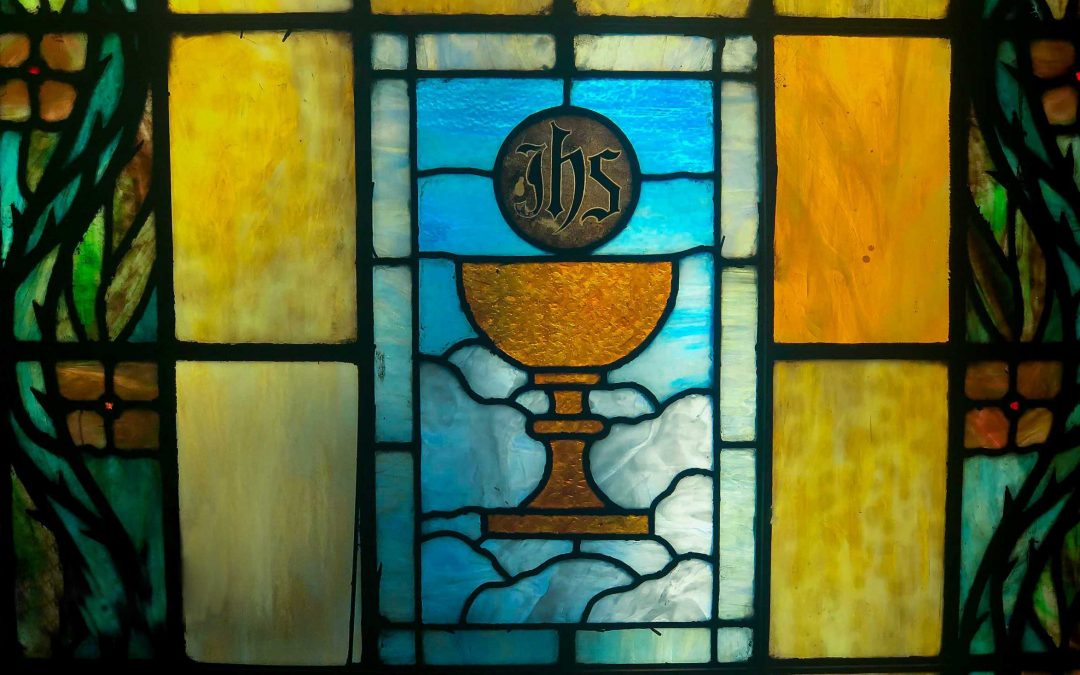Dear Friends,
Thanks for your comments about last week’s letter on the Eucharist and the United States Bishop’s effort to teach about the importance of the Eucharist. Clearly, in receiving this food from Jesus after the Easter experience, we receive the gift of his life, God’s life, through which we are made part of the adventure Jesus calls the Kingdom. Through the sharing of God’s very life as Trinity we are made part of a community that can live by forgiveness rather than by hate, envy and resentment. It is a community that can readily embrace suffering as the road to a deeper encounter with the Lord. In this meal we learn of God’s unfailing hospitality, of God’s unrelenting desire to be reconciled with us and in doing so, make it possible for us to be a community of peace in a violent world. Through our reception of the Eucharist we become a people of reconciliation and peace.
If you get a chance, you might read the book Christianity Rediscovered by Fr. Vincent Donovan and published by Orbis Books. In it he tells of his mission work with the Masai people in East Africa. One of the gestures of the Masai was to give another person a handful of grass. It is meant to be a sign of peace, happiness and well-being. During an argument, a tuft of grass offered by one person and accepted by the other was an assurance that no violence would break out because of the argument. Fr. Donovan says, “No Masai would violate that sacred sign of peace offered, because it was not only a sign of peace; it was peace.”
Fr. Donovan describes how for the Masai the Mass begins as soon as the priest enters the village. Dancing begins as well as praying for the sick. This can last a whole day before the actual ritual of the Mass starts. He says he never knew though whether the Mass would actually begin because the leaders in the village would determine if the Eucharist was going to happen. For if the leaders determined that if the life of the village was less than holy, then there was no Mass. If there had been selfishness, forgetfulness or lack of forgiveness in the community, they would not embarrass Jesus by calling this the Body of Christ. He says it did not happen often that they would delay the Eucharist, but that it did happen.
On this Fourth of July weekend, let us remember that when we gather for the Eucharist we are gathering as the Body of Christ. We are to be for the stranger in our midst the presence of Christ. And, we are to see in the stranger the presence of the resurrected Lord, for that is where he promised us he would be – in the hungry, the thirsty, the naked, the stranger, the prisoner, the ill…
As fireworks explode overhead, let us not just celebrate the freedoms we have in the United States, but let us remember the more profound gifts we have received from God. Let us commit to being a church community that knows and follows what Jesus teaches. As we receive the Eucharist, let us truly become the Body of Christ for our community and for our country.
Peace,
Fr. Damian



